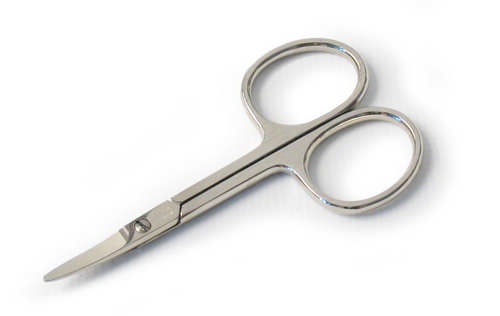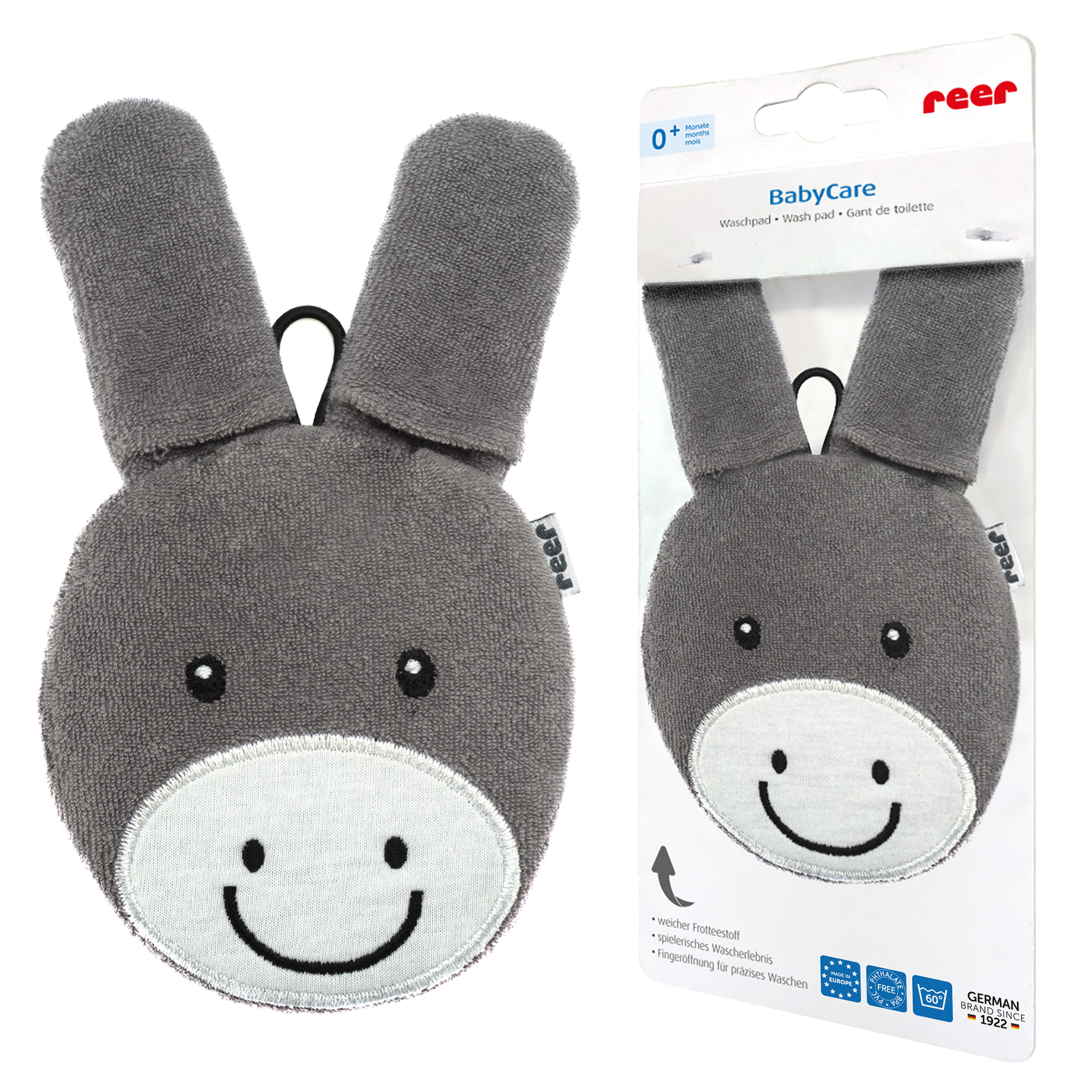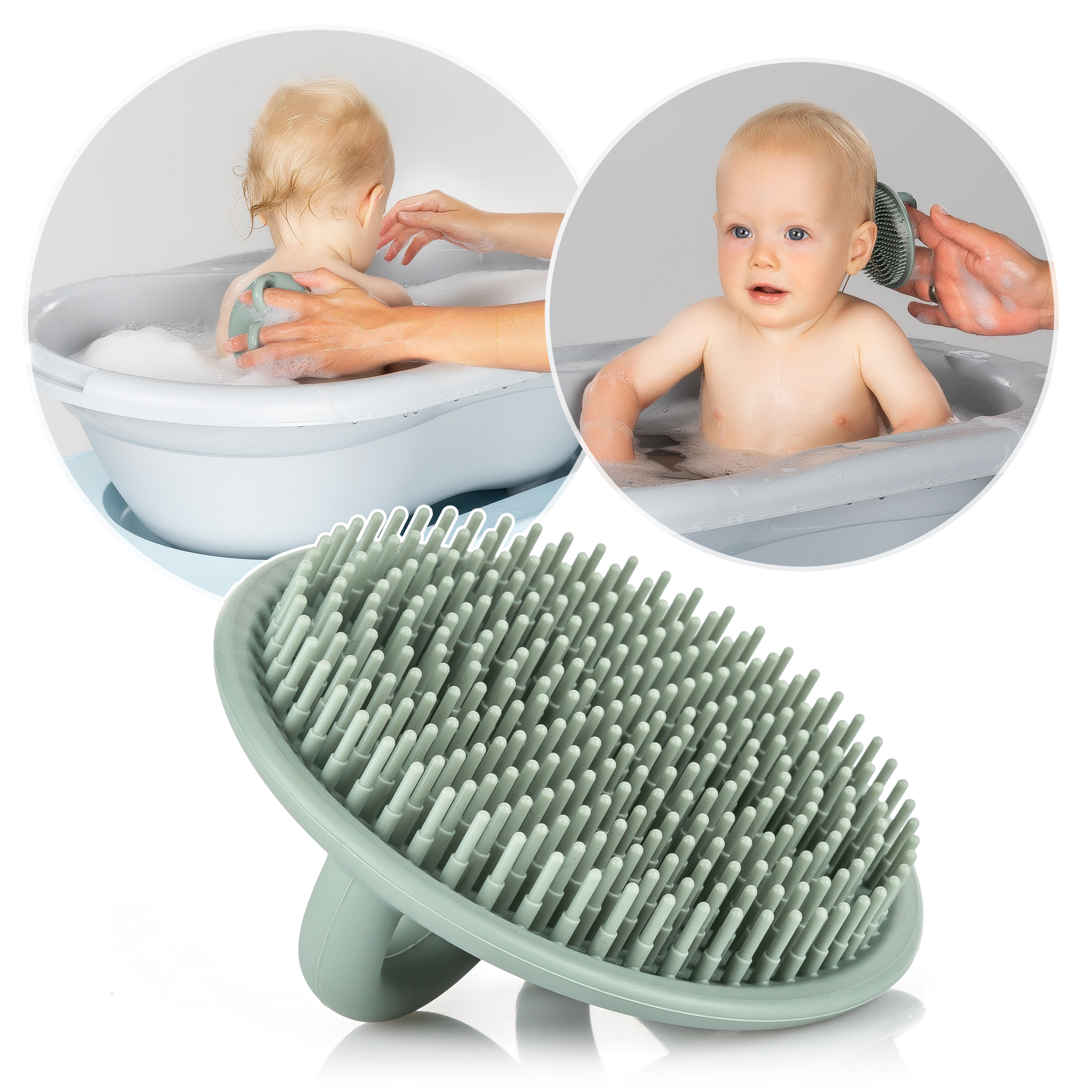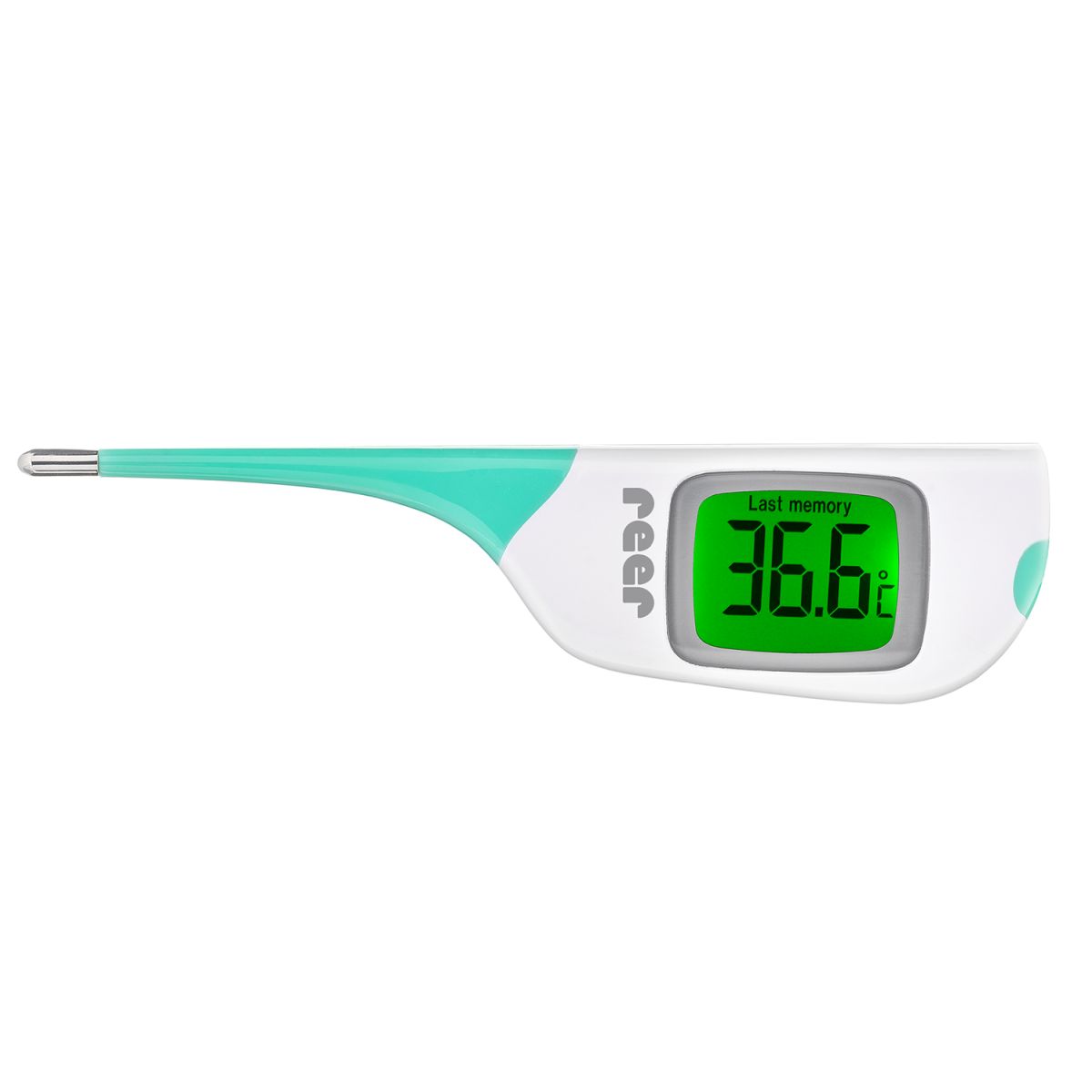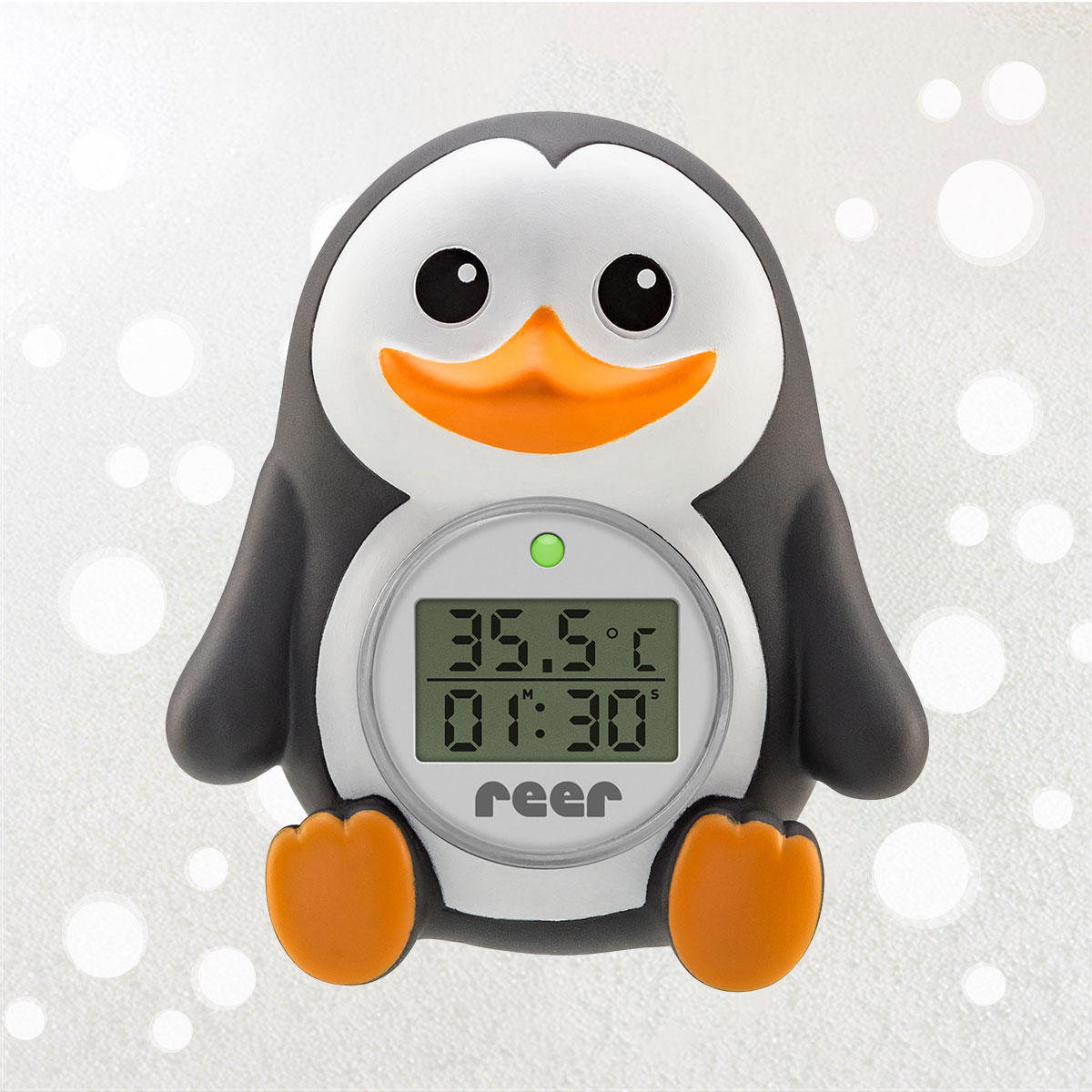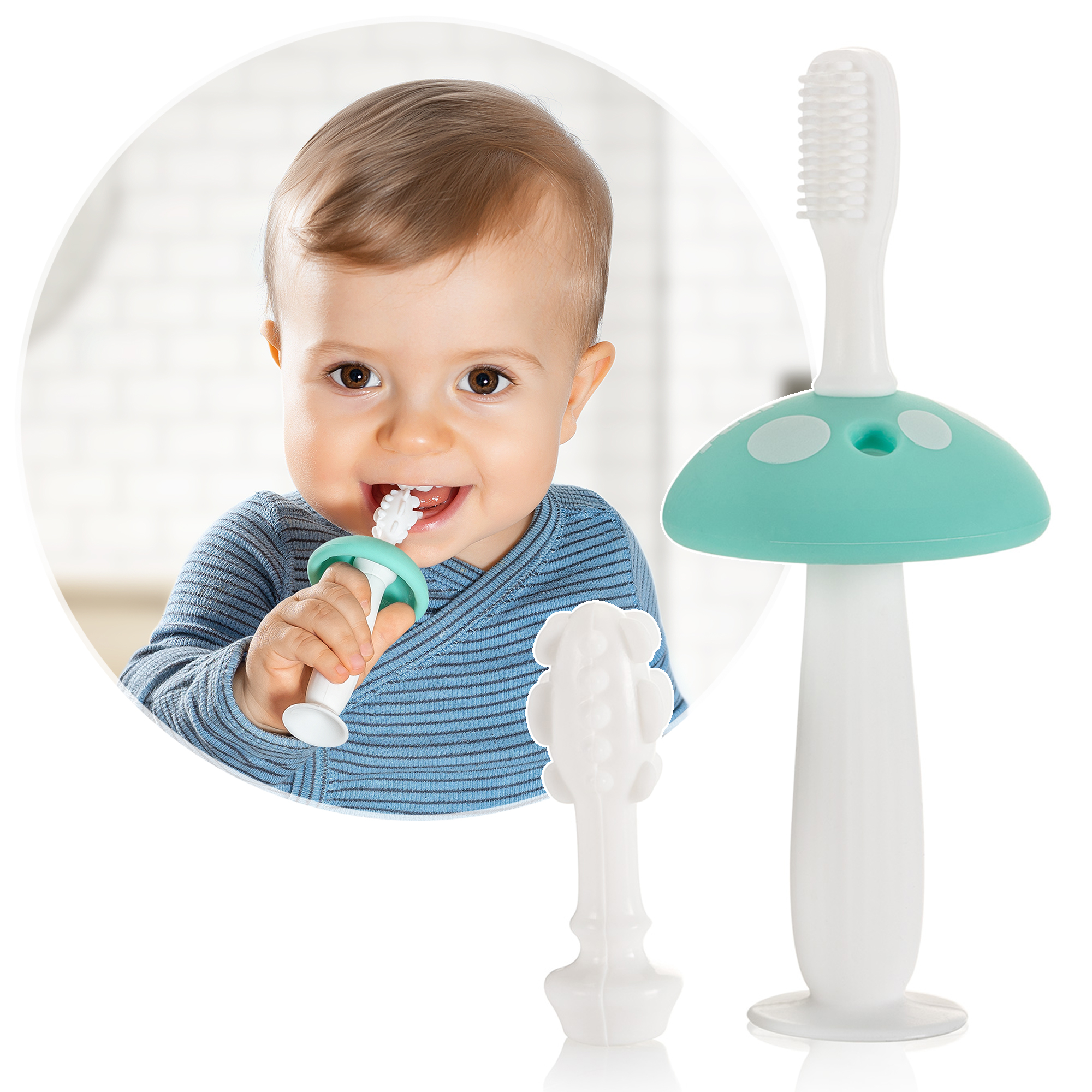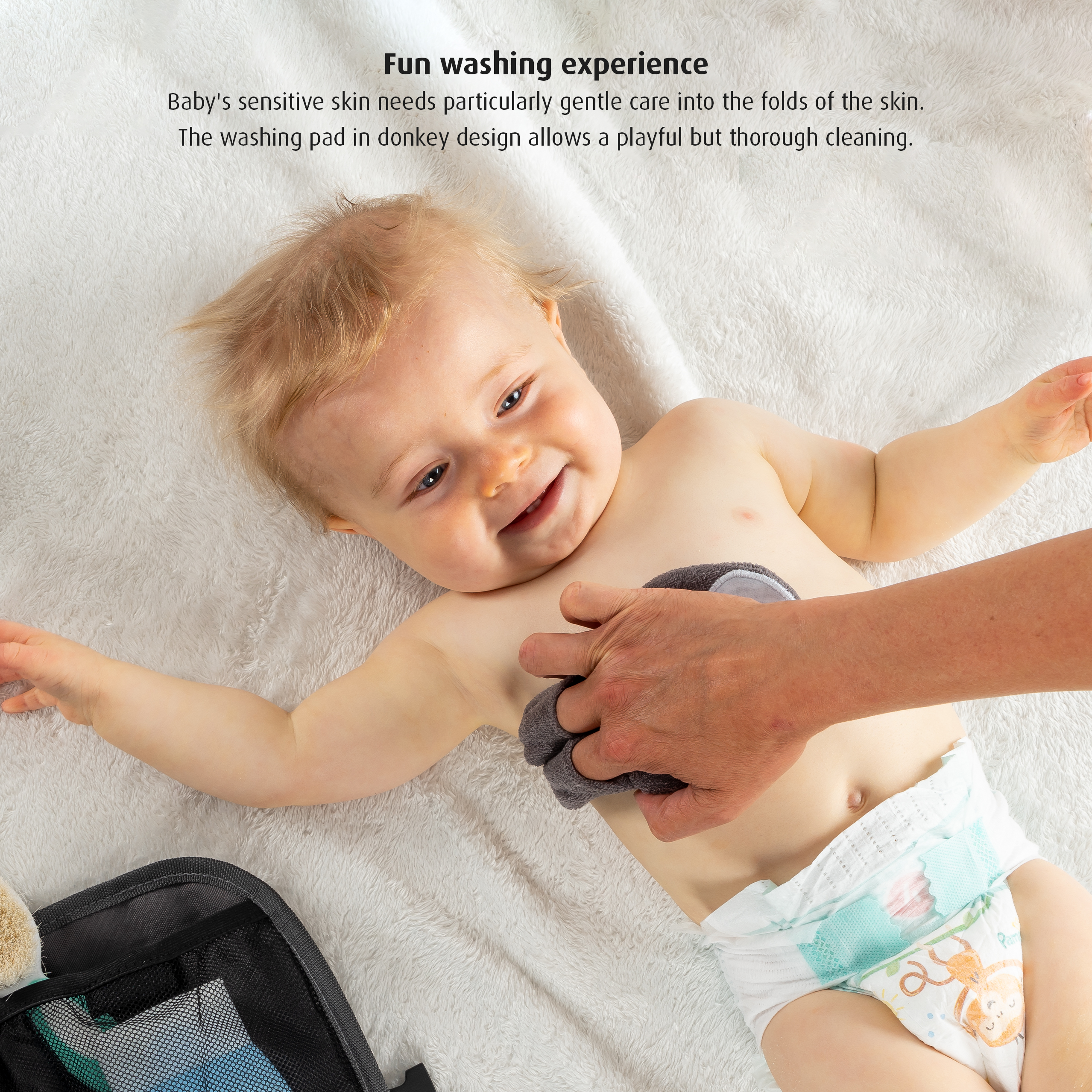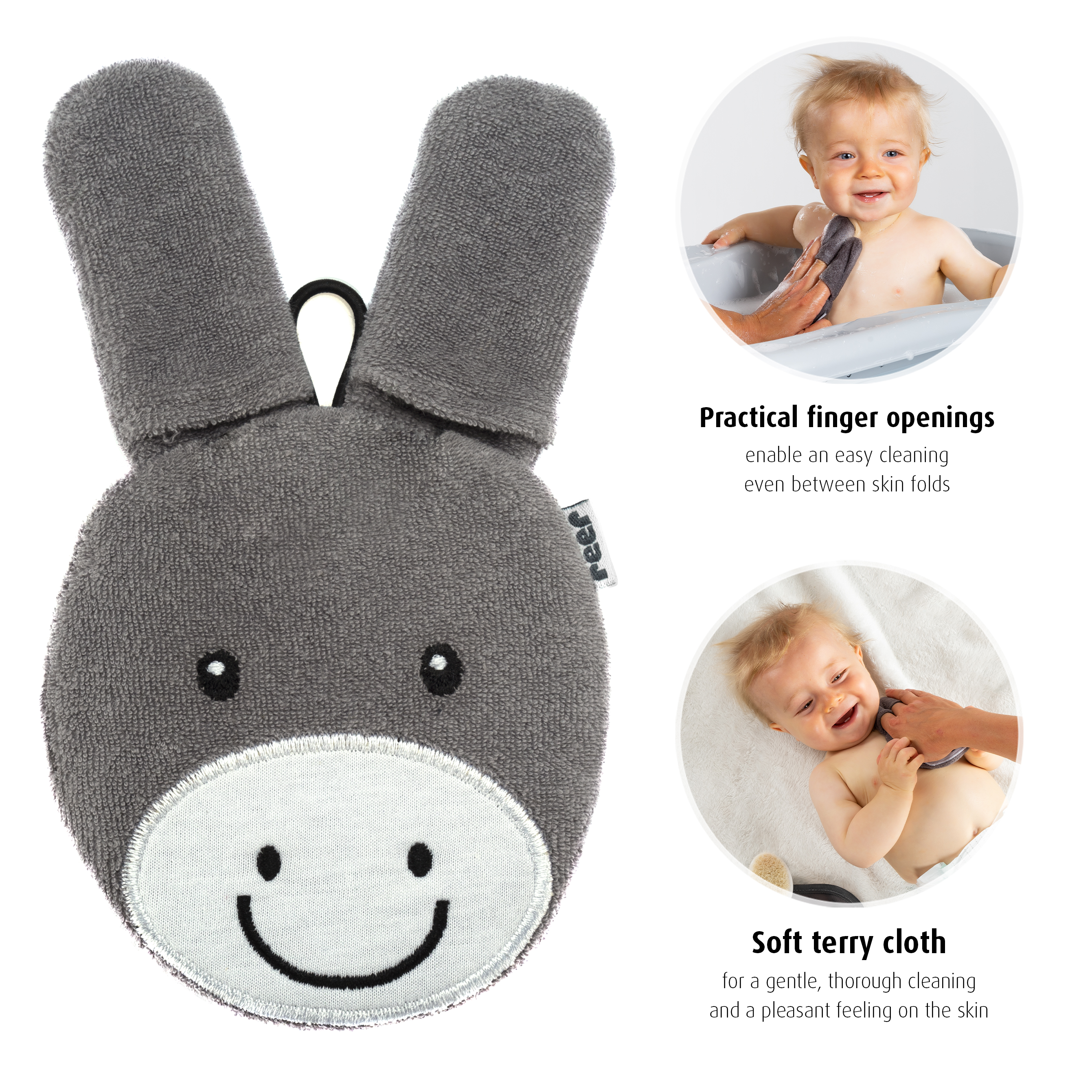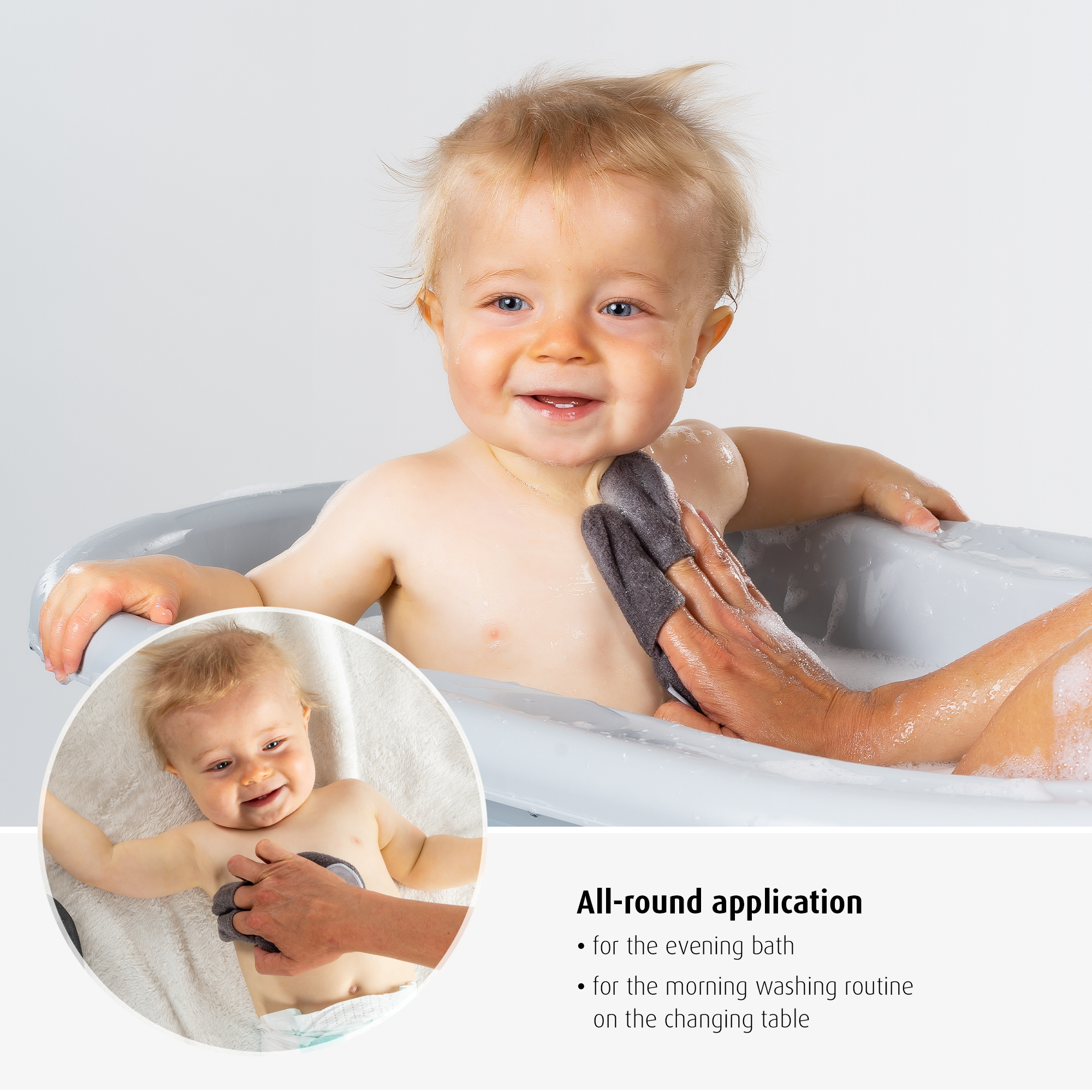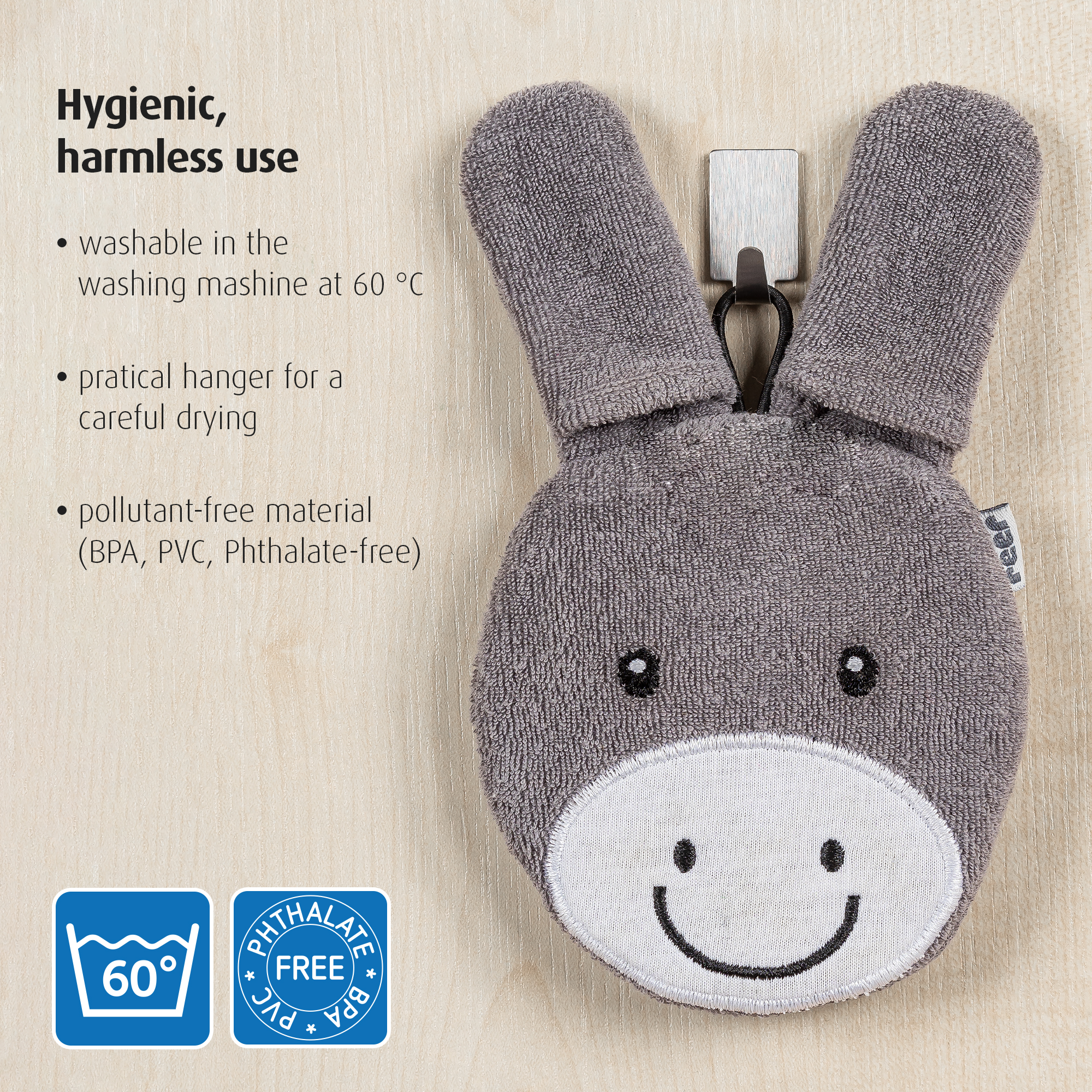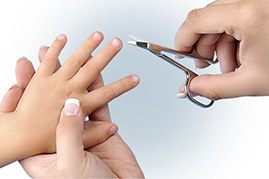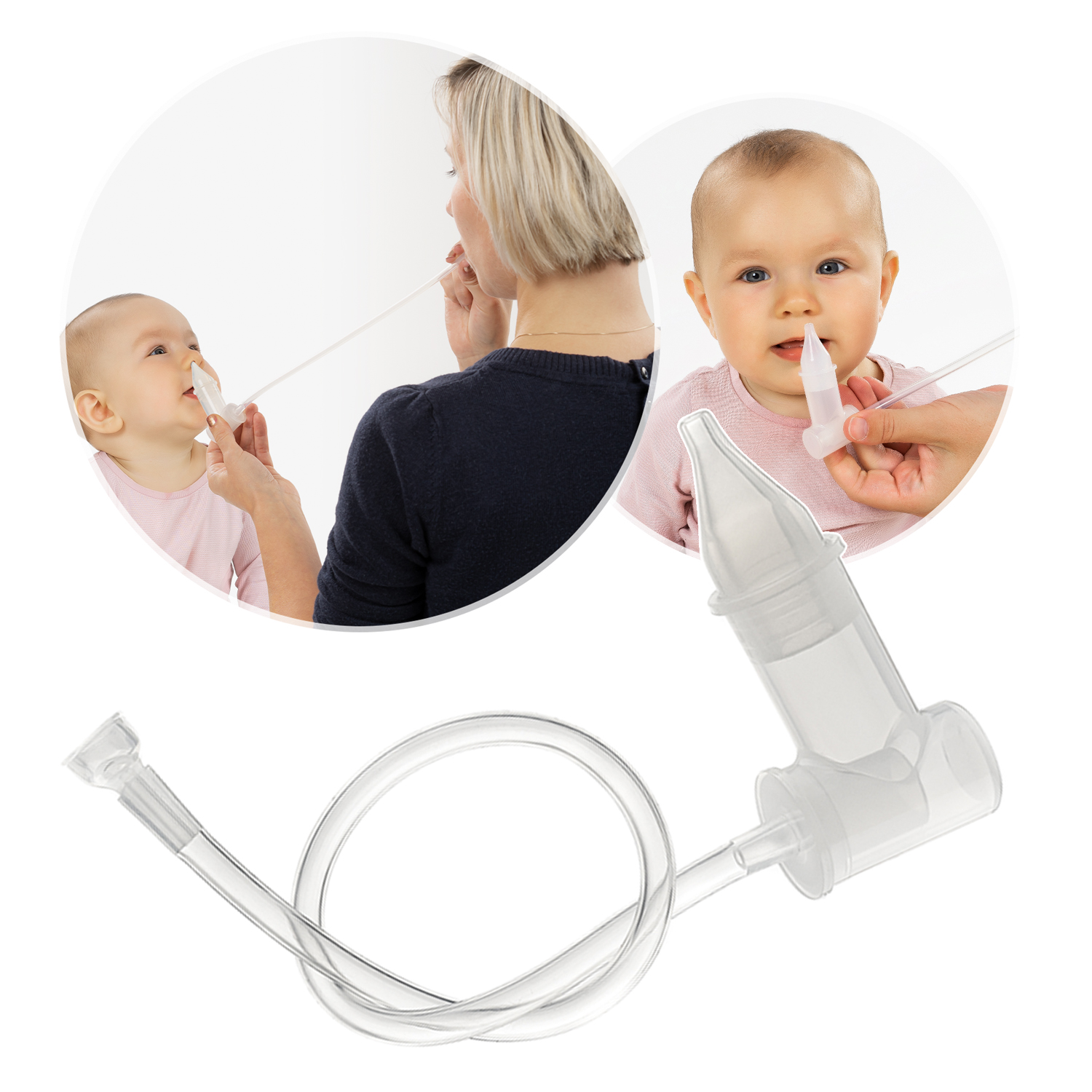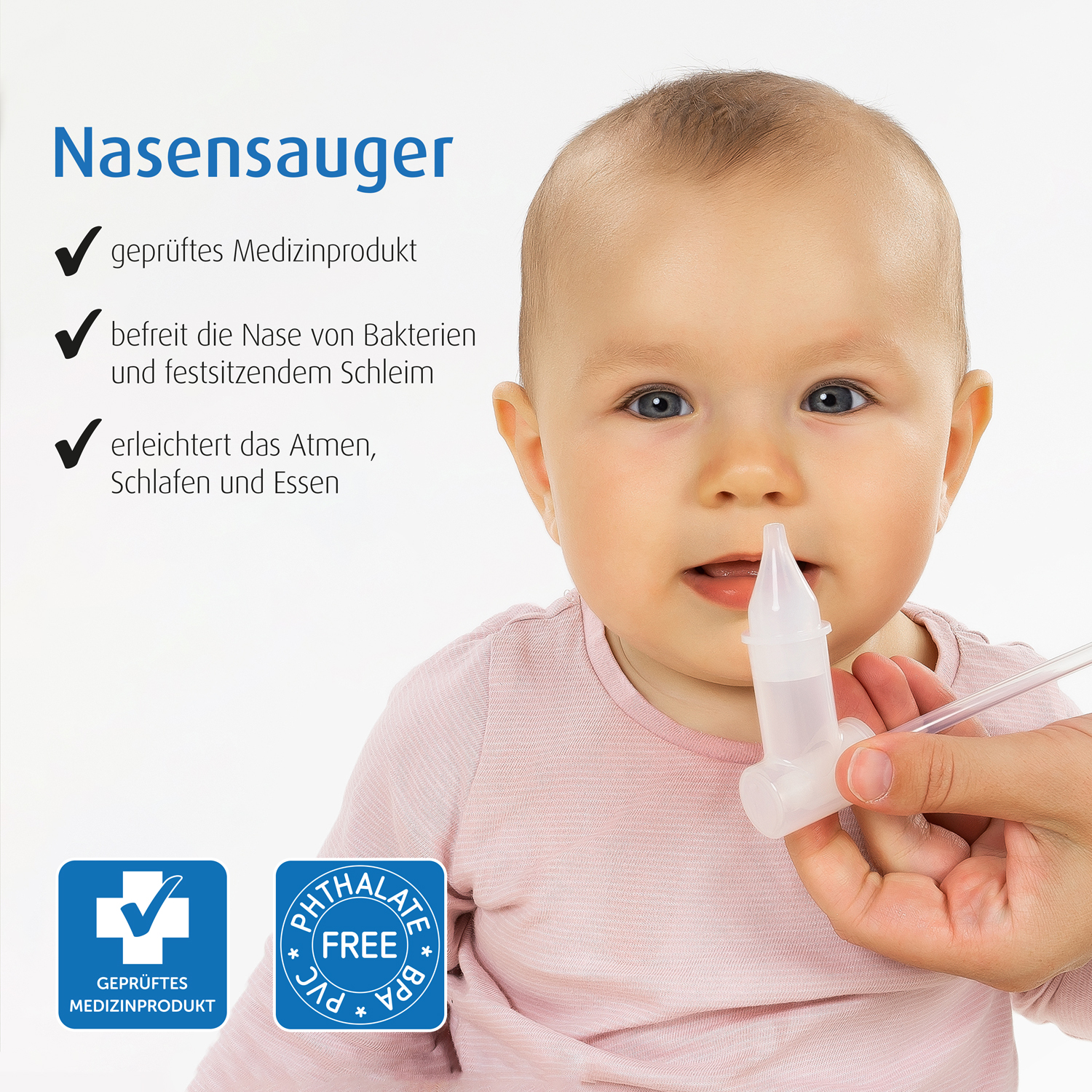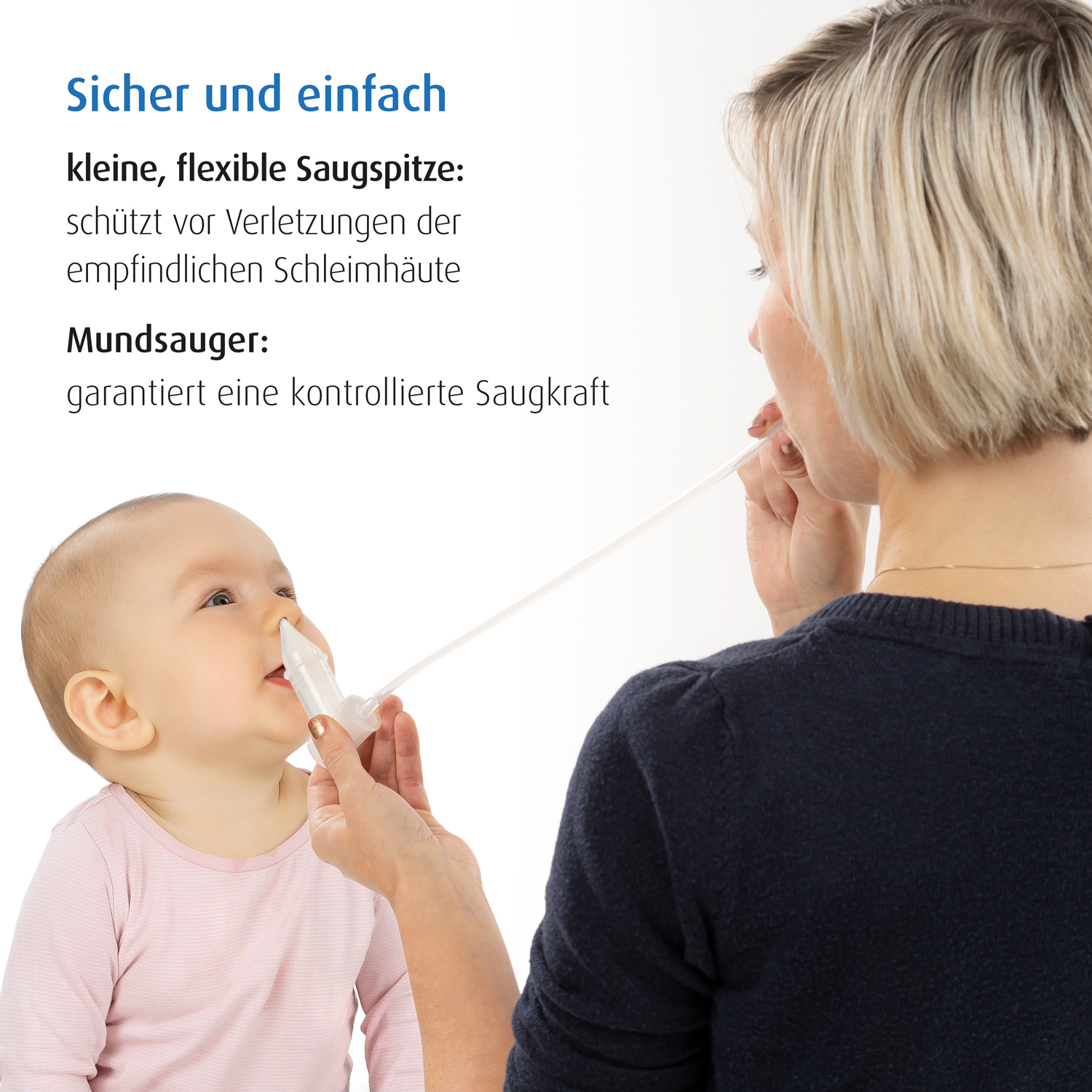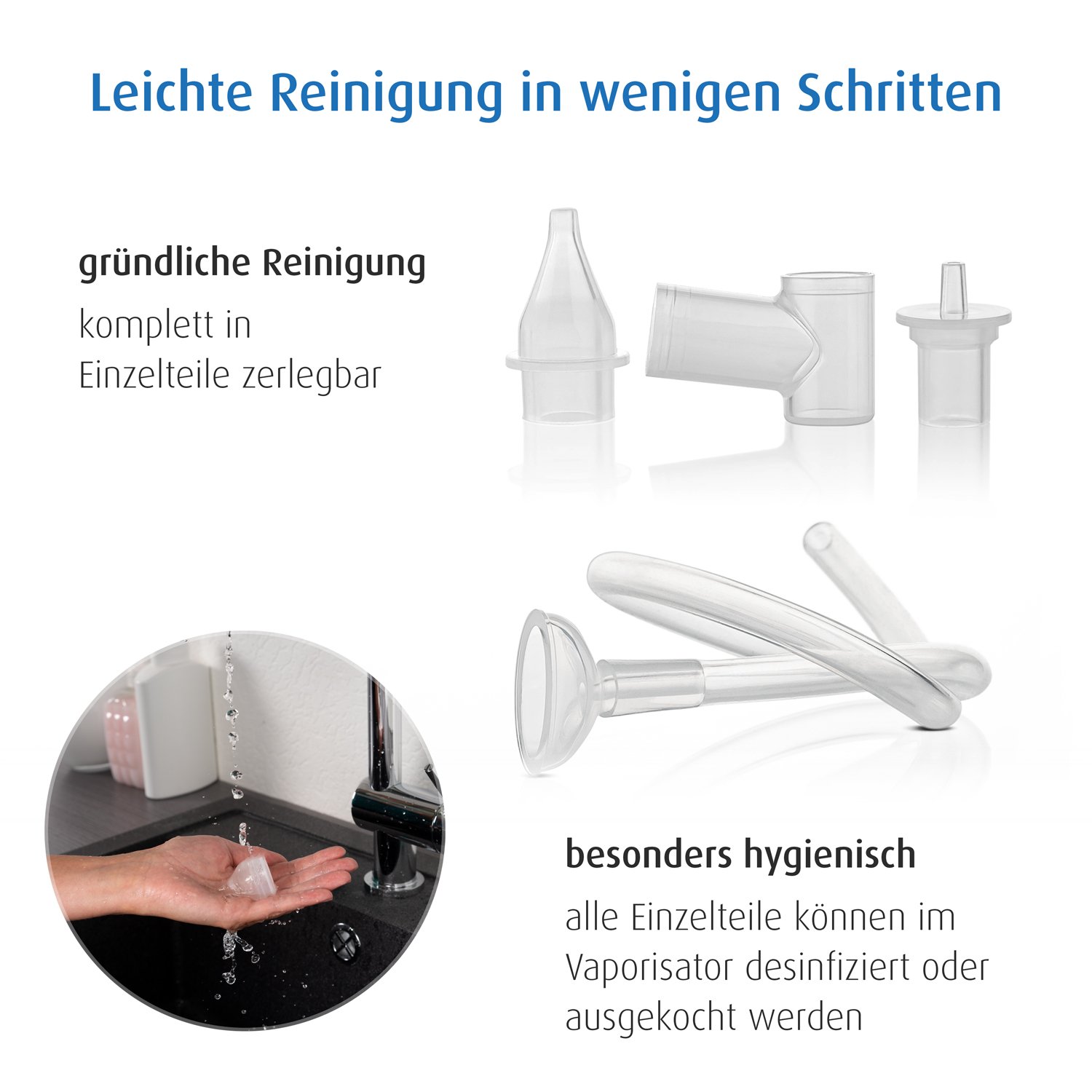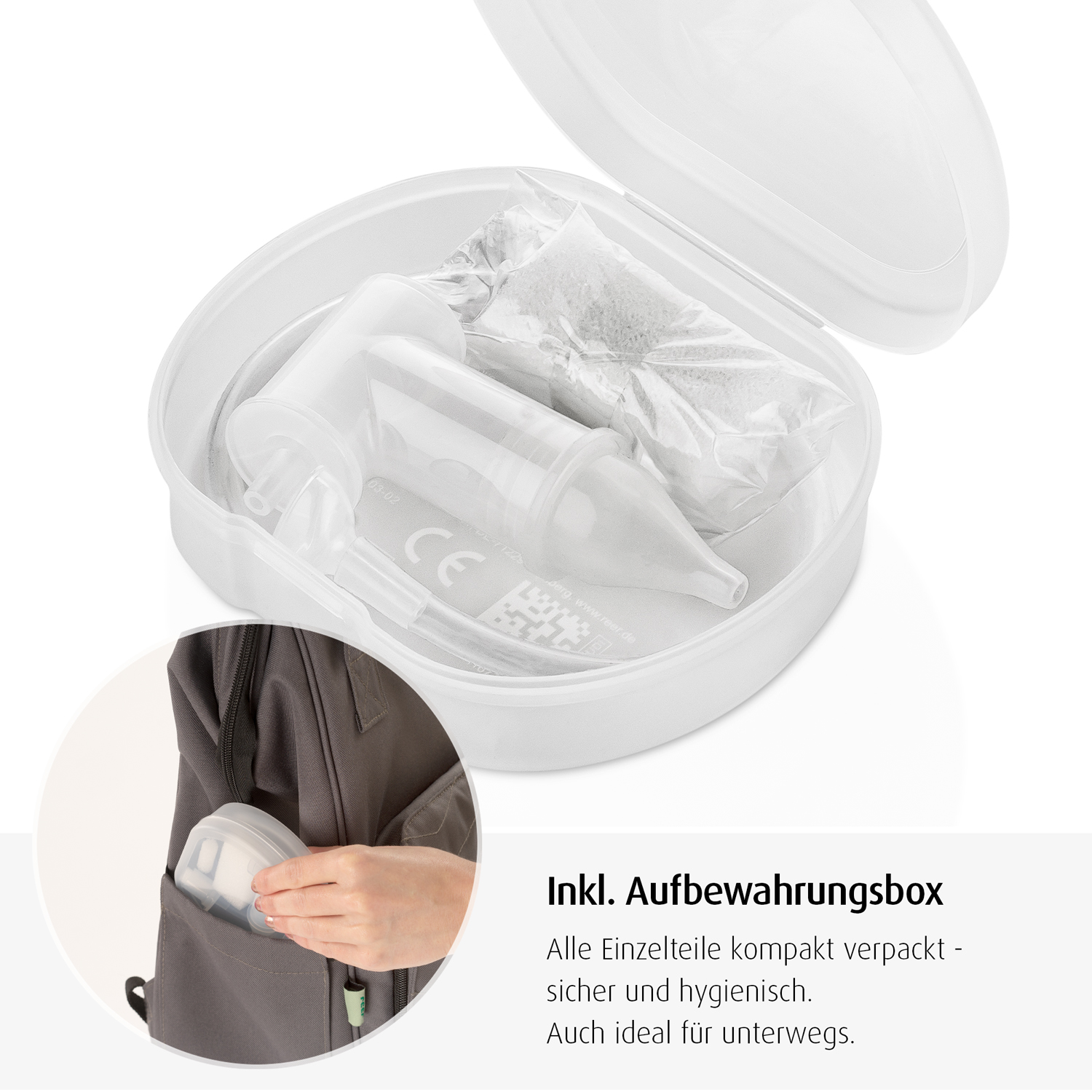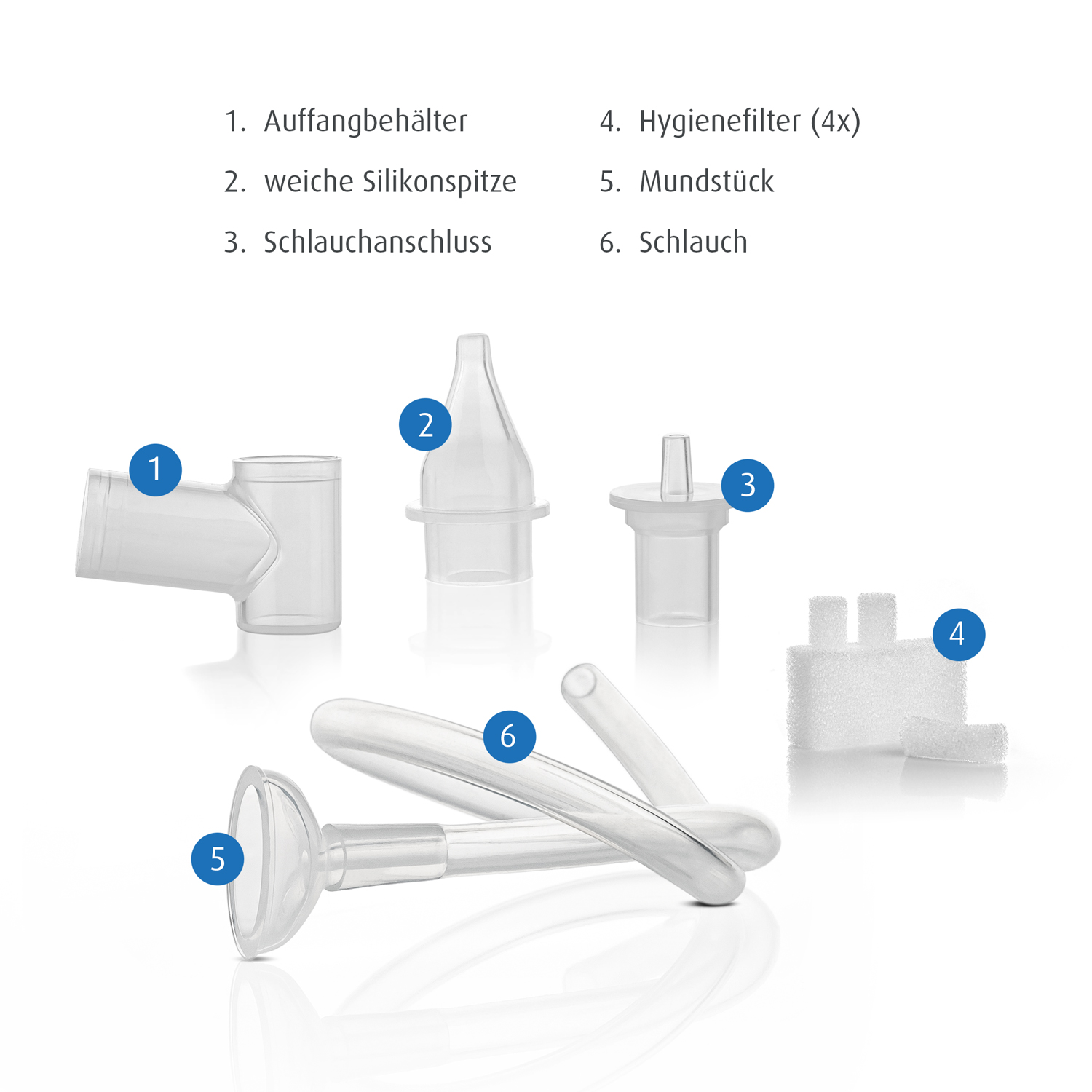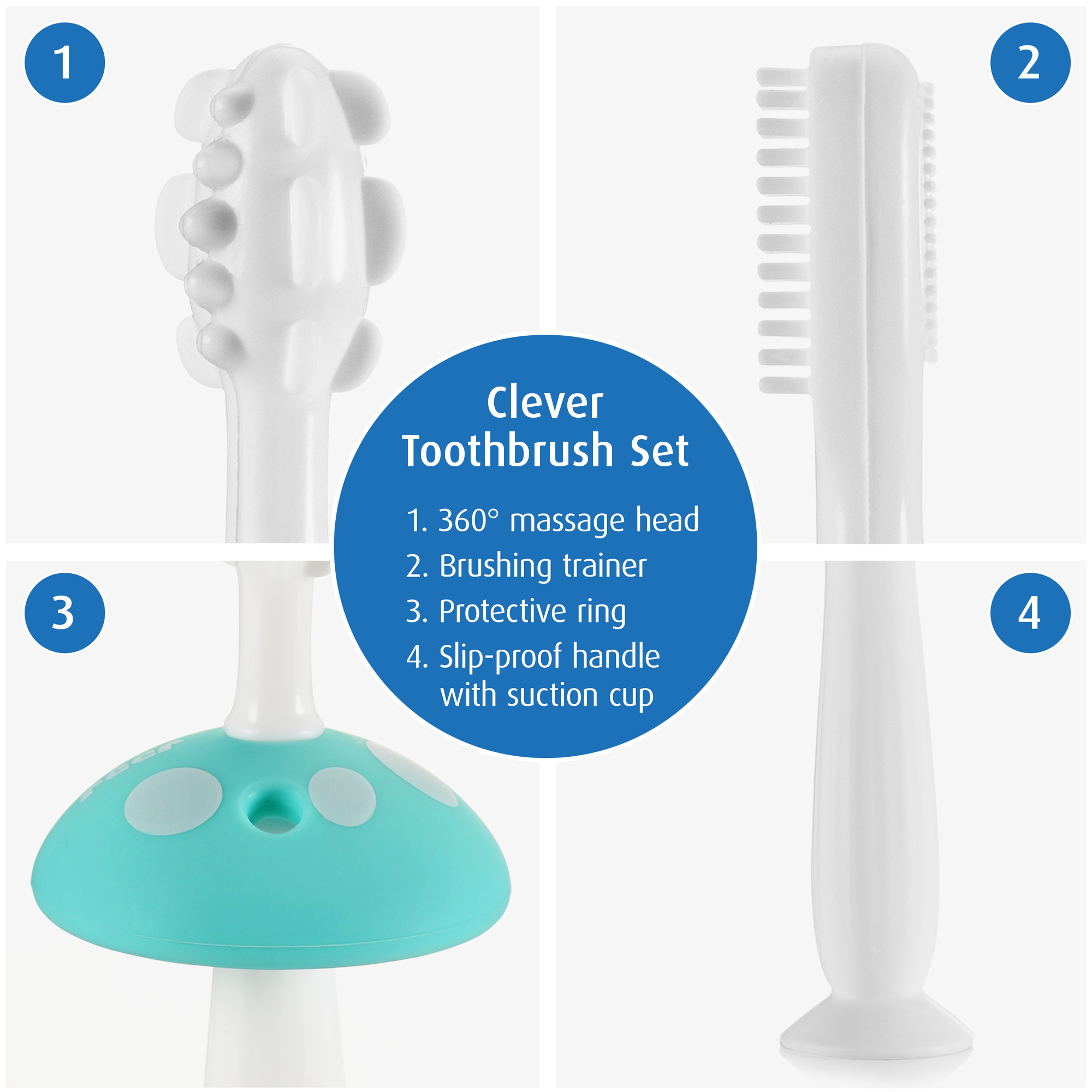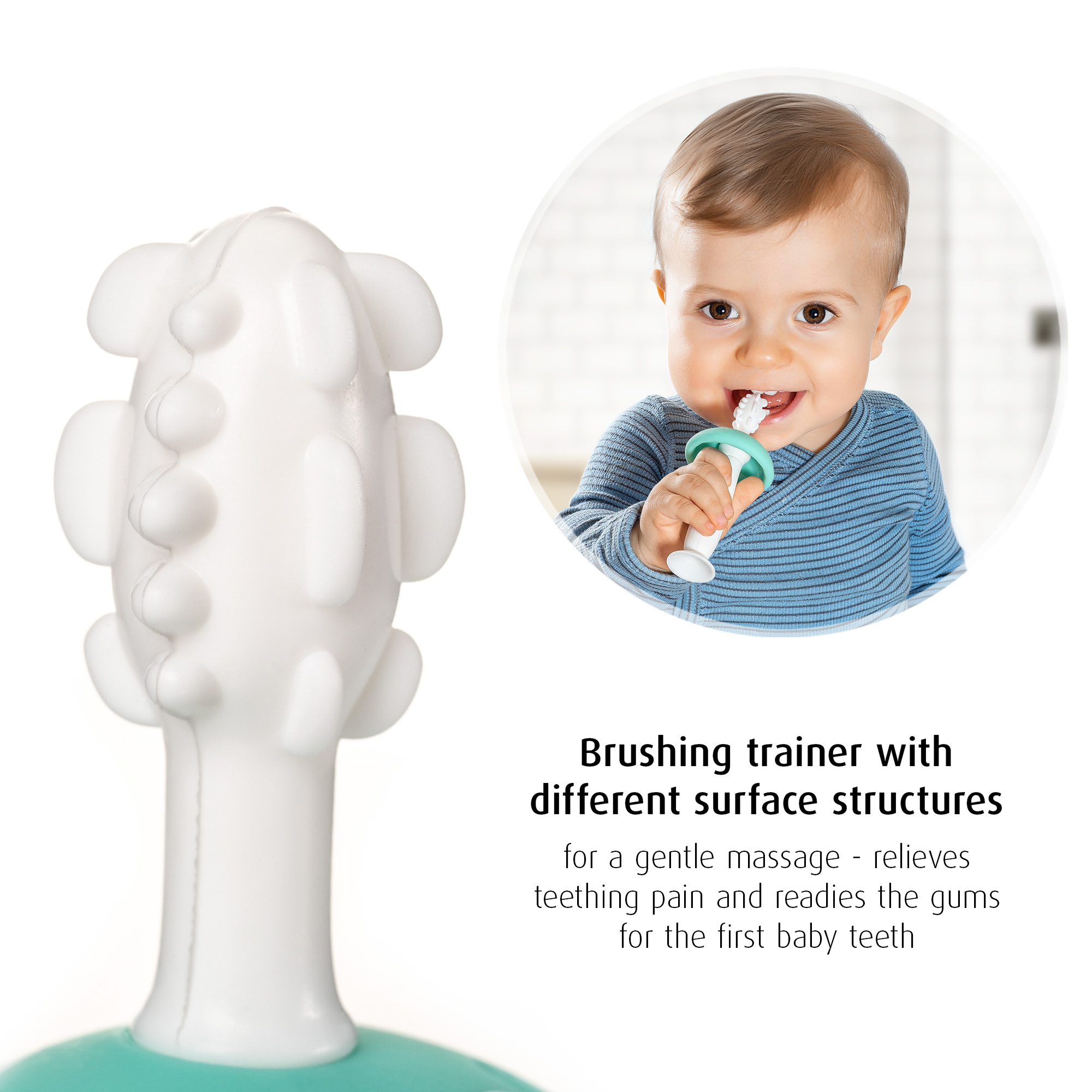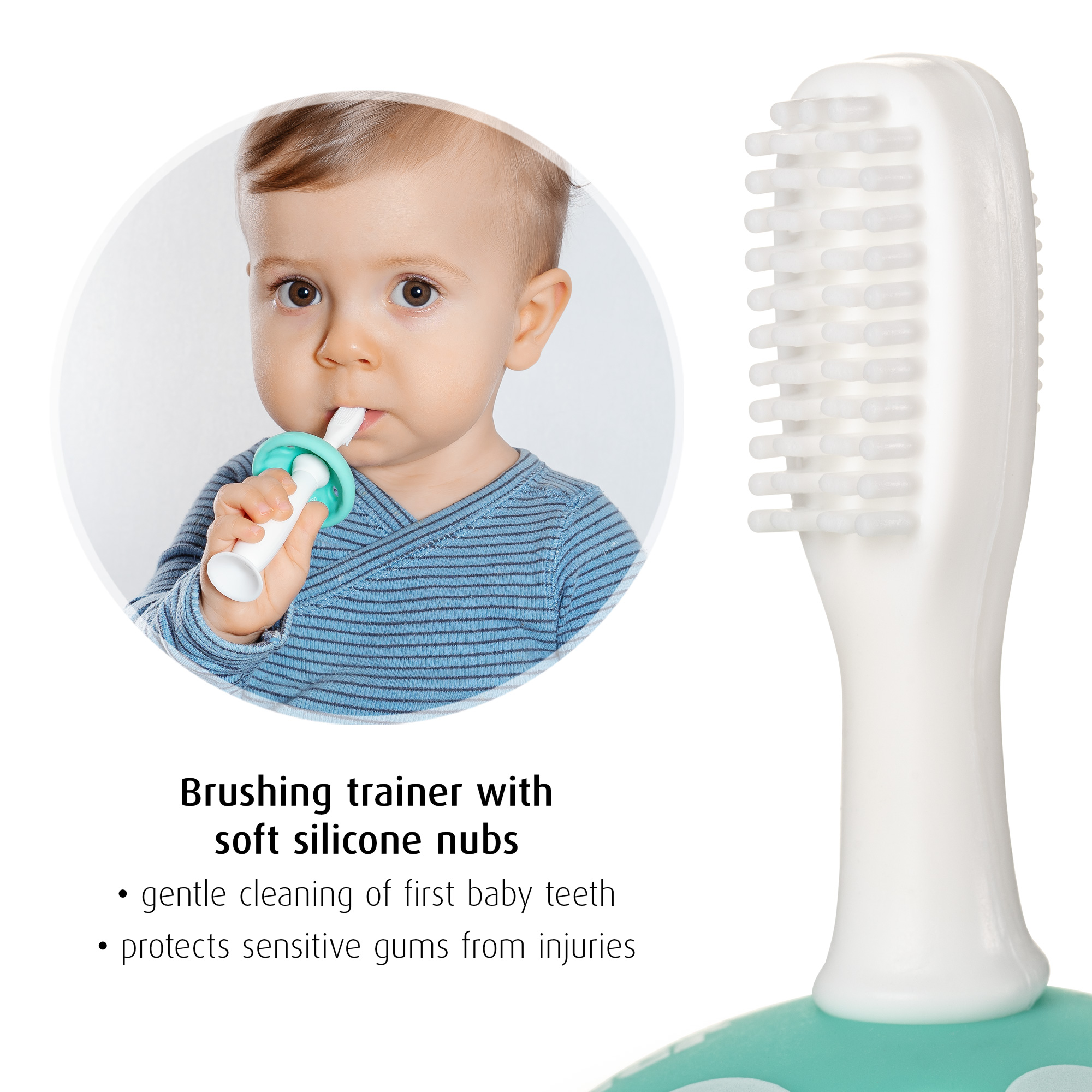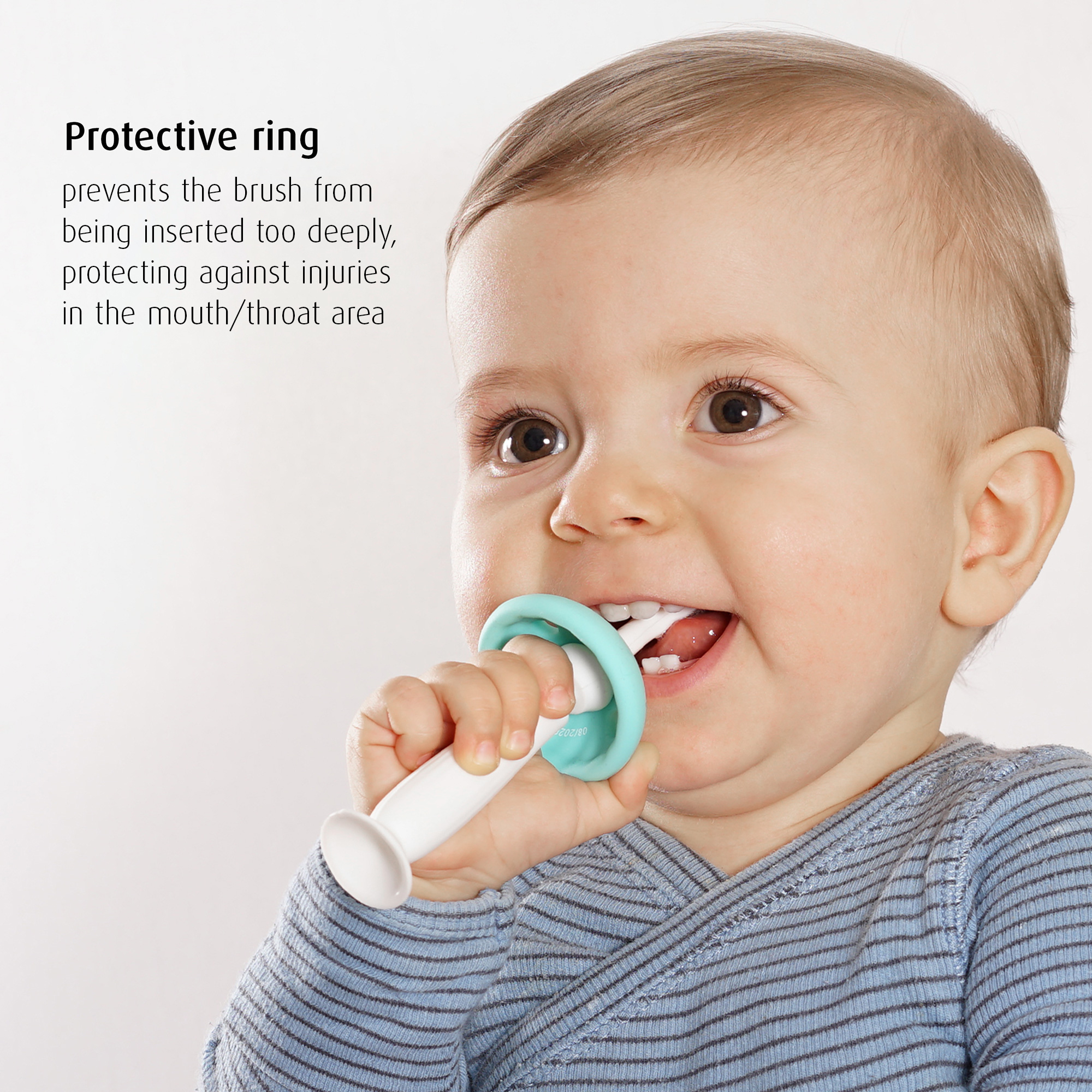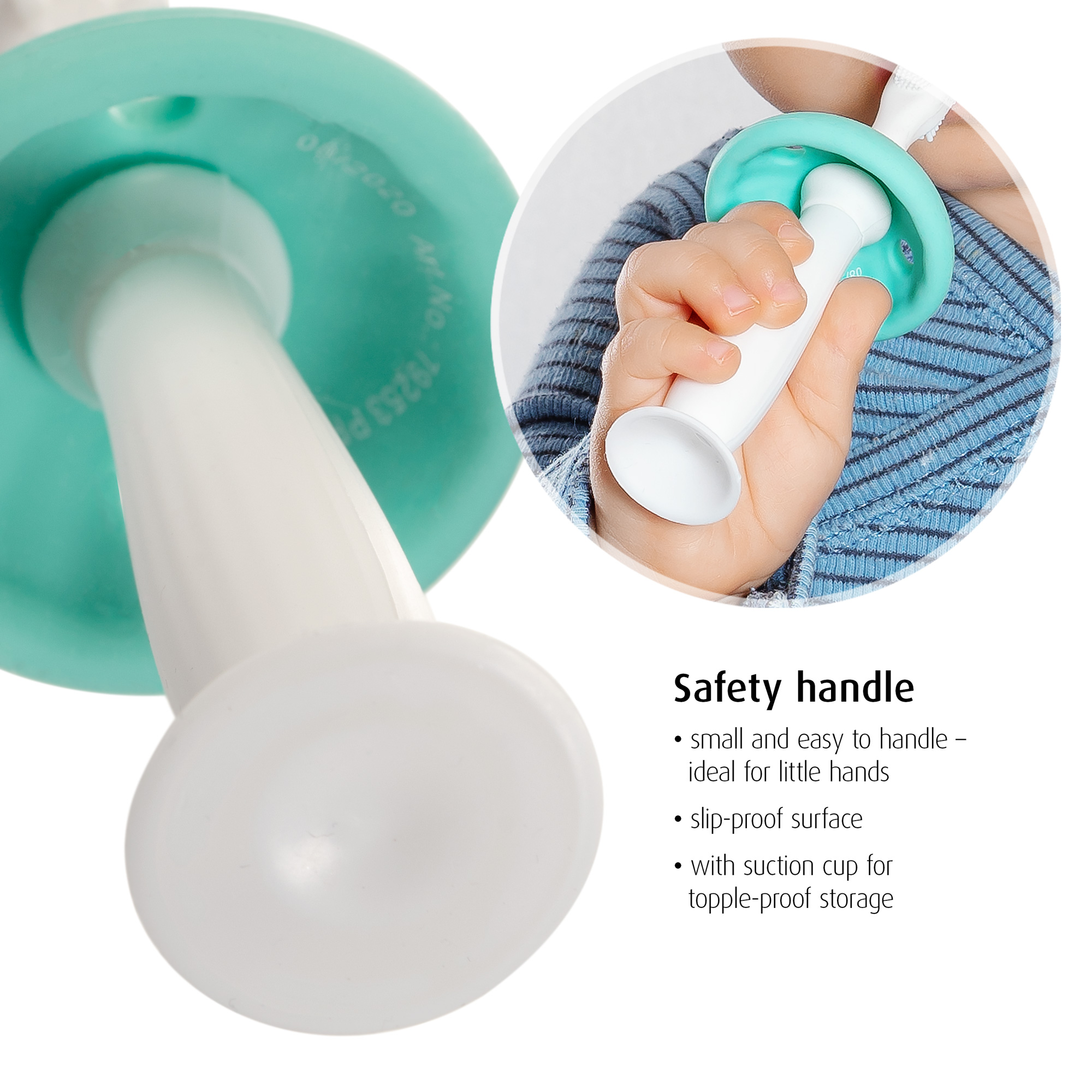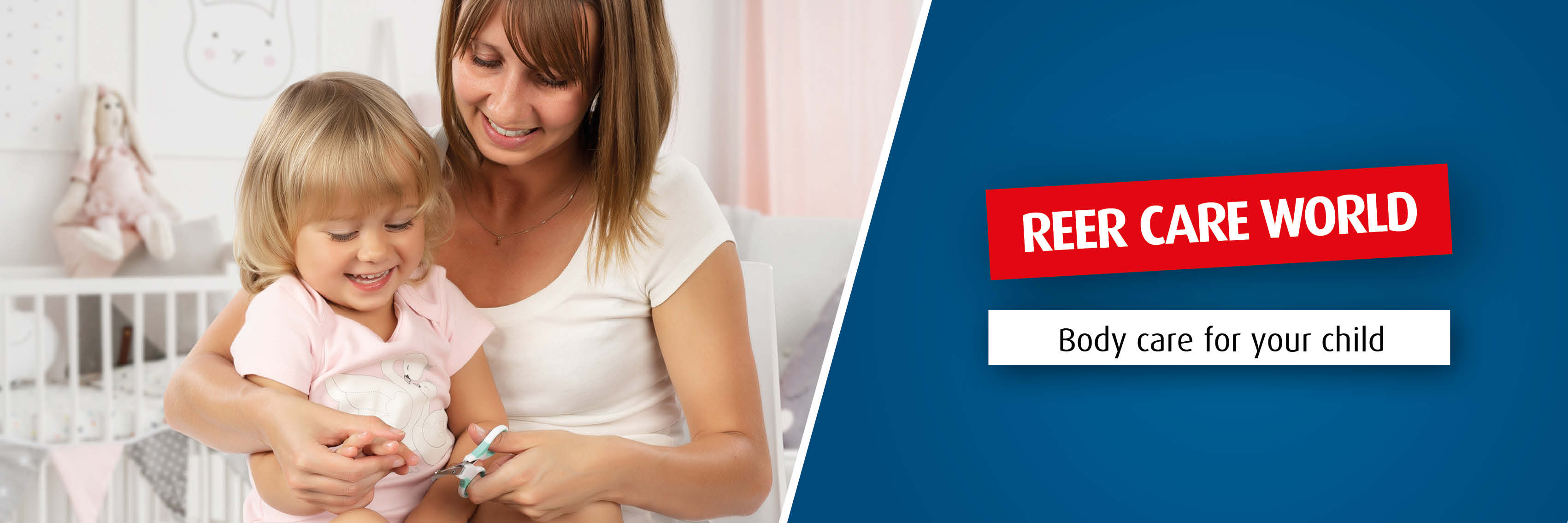
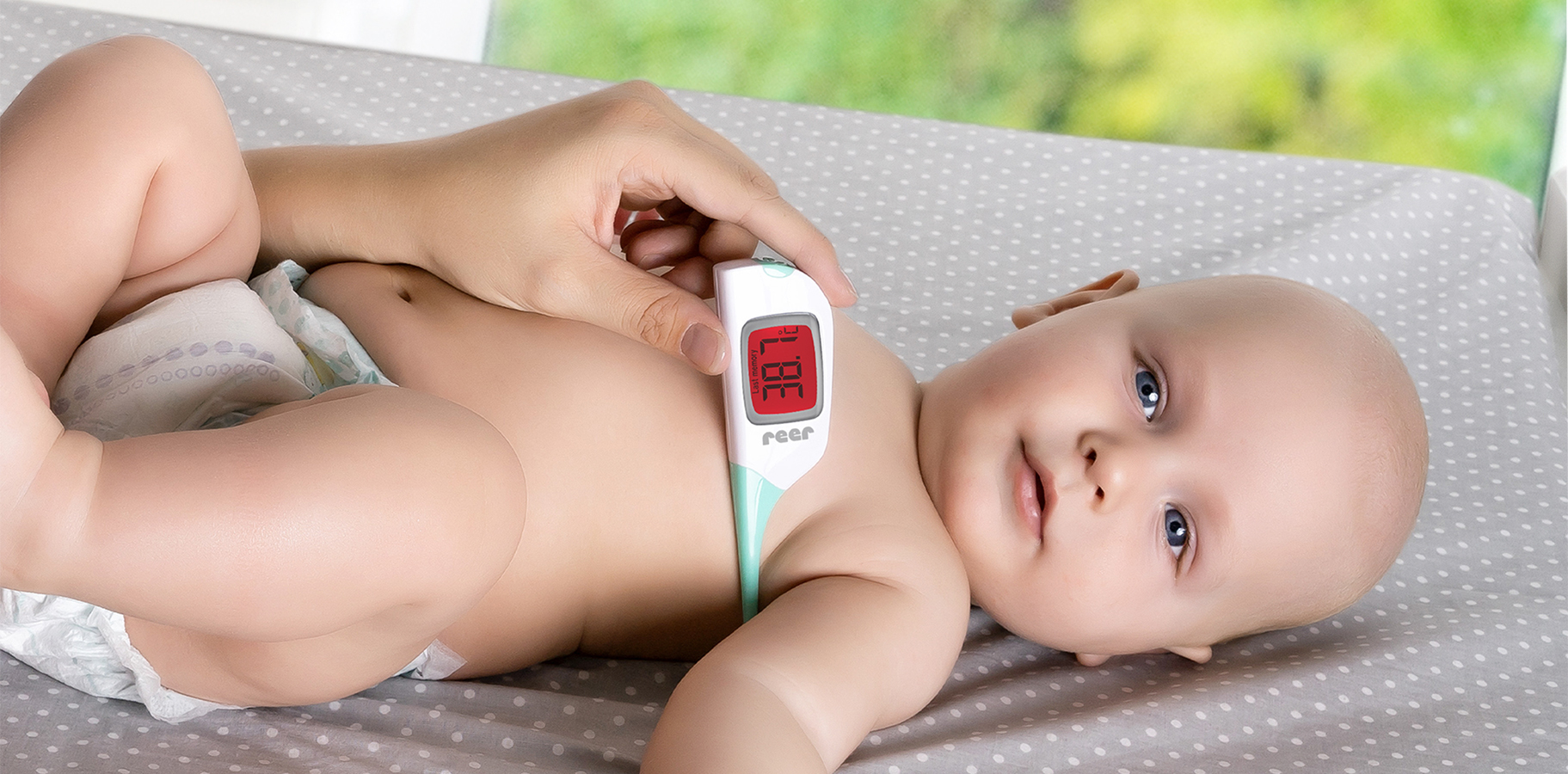
You should have all of these things in your home to properly care for your child:
- Nail scissors
- Nasal aspirator
- Safety cotton swabs
- Wash pad
- Bath brush
- Medical Thermometer
- Bath thermometer
- Toothbrush trainer
- Skin care oil, e.g. organic almond oil
- Baby care cream
- Wound protection cream
- Baby hairbrush
What to look out for when caring for your baby
How to cut fingernails and toenails correctly
Here is what you should pay attention to
Cleaning ears the right way
Clean eyes - Better vision
Clear nose - Clear air
The first milk tooth appears around the six to eight-month mark. Dental care should start from the first tooth by brushing at least once a day. Finger sticks, for example, are good for this. As soon as the first tooth appears, dental care can begin. At the very beginning, it's enough to brush the baby's teeth with a damp washcloth or a fingerbrush. If more teeth come in, you should use a children's toothbrush and toothpaste for babies and children.
To make sure that your child does not forget to brush any part of the tooth, it is best to use the TOI method:
T = The top of the teeth: The top of the teeth are the chewing surfaces of the teeth. They are to be brushed first with back-and-forth movements.
O = The outer surfaces: The outer surfaces are cleaned afterwards with circular movements. The teeth are placed on top of each other during this process.
I = The inner surfaces: Finally, brush the inner surfaces from red to white (from the gums to the teeth).



